Just in case you haven’t had an opportunity to visit the snow yet this year, here’s a teaser. And just in case you can’t quite believe it’s December, well, this is December at Sorensen’s Resort up in Hope Valley, near Kirkwood. You got to love a place with the name, Hope Valley. We were there this week for three glorious, mid-week nights (a pay for two, stay for three special rate.)
We used the resort’s complimentary snow-shoes for a spectacular adventure and strenuous workout, about five miles round-trip, and up to about 7500 ft.
Pristine wilderness and breath-taking beauty.
Behind Sorensen’s is also a good, long fire-road that supposedly goes all the way to Markleeville. On day two, we made it up a fraction of the way when we couldn’t resist making a snowman.
Last Friday’s submission to this blog had me declaring a commitment to reading. While on vacation I managed to tick off one of the many books on the long list I have for myself. I read After Long Silence by Helen Fremont. I’m thinking I’ll write small observations about the books I’m reading as a way of helping me understand them better. Kinda-like what I was supposed to do in school, except hopefully these will have a slightly more adult perspective. In addition, this exercise may also help me be a better writer.
My apologies if this comes across as a clumsy beginning.
After Long Silence was recommended to me by a friend who knows that I’ve been thinking a lot lately about what, for a lack of a better phrase, I’m calling shamed silence. What I’m mulling over in my mind has nothing to do with restraint; restraint suggests self-discipline and control. I’m not thinking about willful withholding either. Shamed silence is not a carefully measured response to a situation; it’s when a person is faced with something that is categorically incomprehensible. It’s cognitive dissonance. It’s what happens when fragmented, incomplete thoughts get banished to our psychological dungeon to rot. Shamed silence occurs in both the victim and the perpetrator. It happens all the time. Sometimes it is confused with some virtuous notion of suffering in silence, but what I’m thinking about is no virtue; it’s dysfunction.
In After Long Silence, Helen Fremont carries a flickering torch into the dungeon of doom where her family history smolders and fumes, a history that includes her Jewish relatives and the mind-blowing atrocities they were subject to during the WWII holocaust. She interlaces her current personal life as a reluctant Boston attorney and partially-out lesbian with startling glimpses into her parent’s lives and the lives of lost friends and relatives. But this memoir is not only about the shattering inhumanity that annihilated her family or her sexual orientation. Her chronicles are also about baring witness to the unspeakable.
Without sentimentality, in this memoir, Fremont presents both historic and contemporary details as if laying out a case for the reader to judge. What are we being asked to judge? Not the Nazis, the jury has long ago delivered on that horror. We don’t necessarily have to judge the choices and sacrifices made by those she uncovers in her research. We are being asked to judge ourselves. Fremont presents, through one incisive portrait after another, a spectrum of courage that inexorably challenges her readers to place themselves on the continuum.
This is a brilliantly crafted memoir. It’s sobering, enlightening, infuriating, tender, mysterious, gripping, and it is also funny in parts. She hits on so many human emotions, and that’s it’s gift to the reader. We get to feel. I believe it is my right as a human being to feel my feelings, to think my thoughts, to speak whatever truth I can. This right becomes a higher calling when considered in opposition to shamed silence.
Well, so there’s my brief essay. It’s a start.
Have a great week, give me a comment or two, and I’ll post again next Friday.
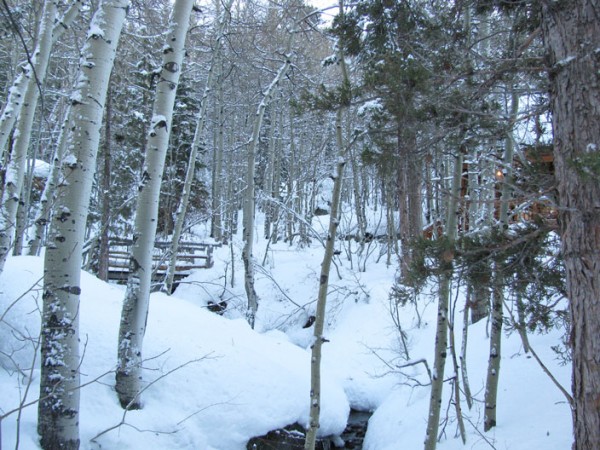
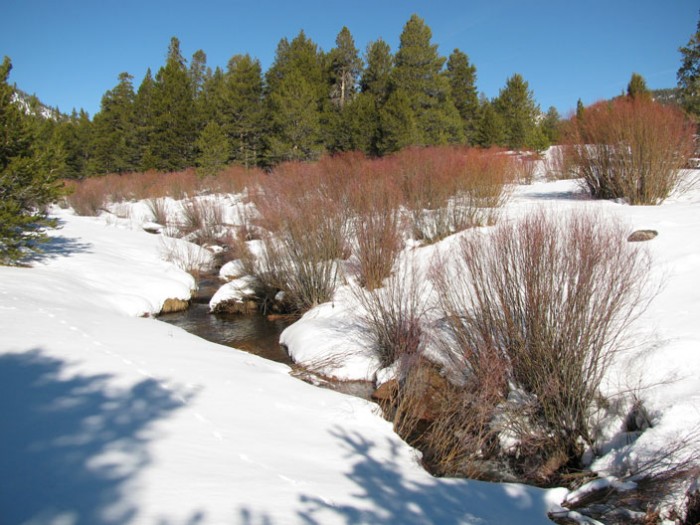
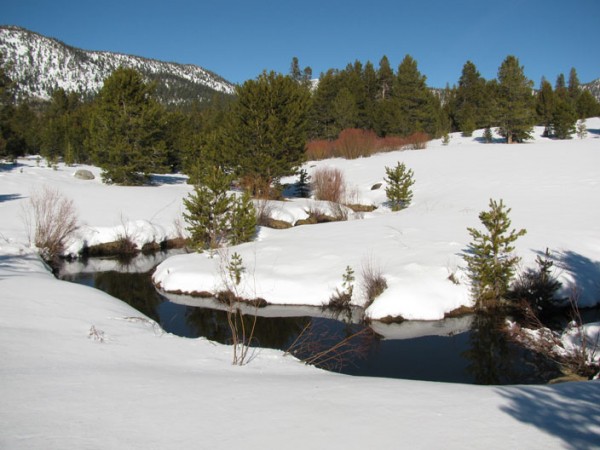
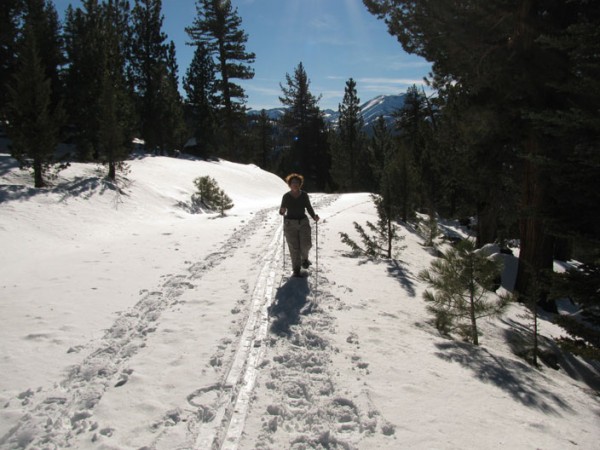
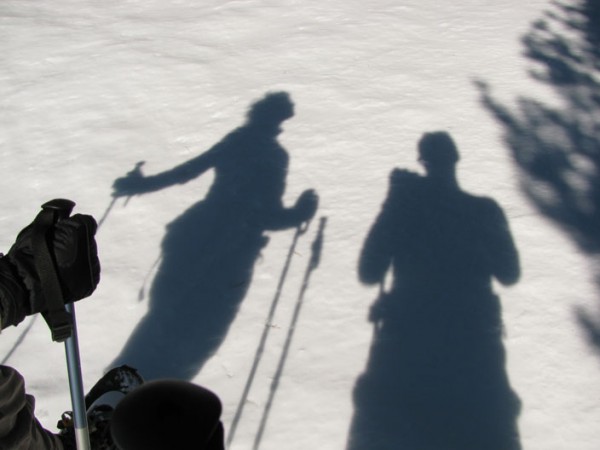
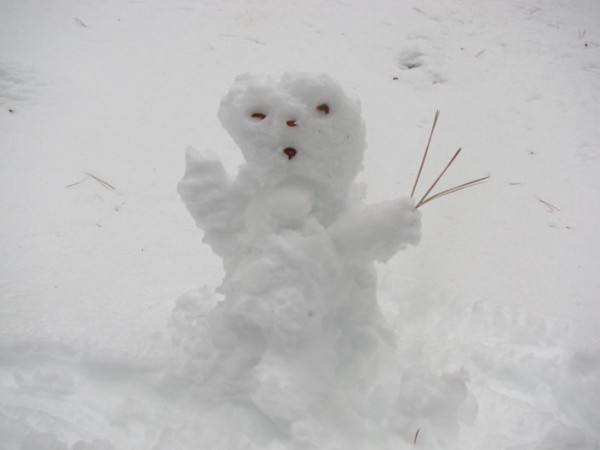
Wow. Well said. Thank you for sharing, and I hope you are having a Merry December and a Happy New You.
Rita